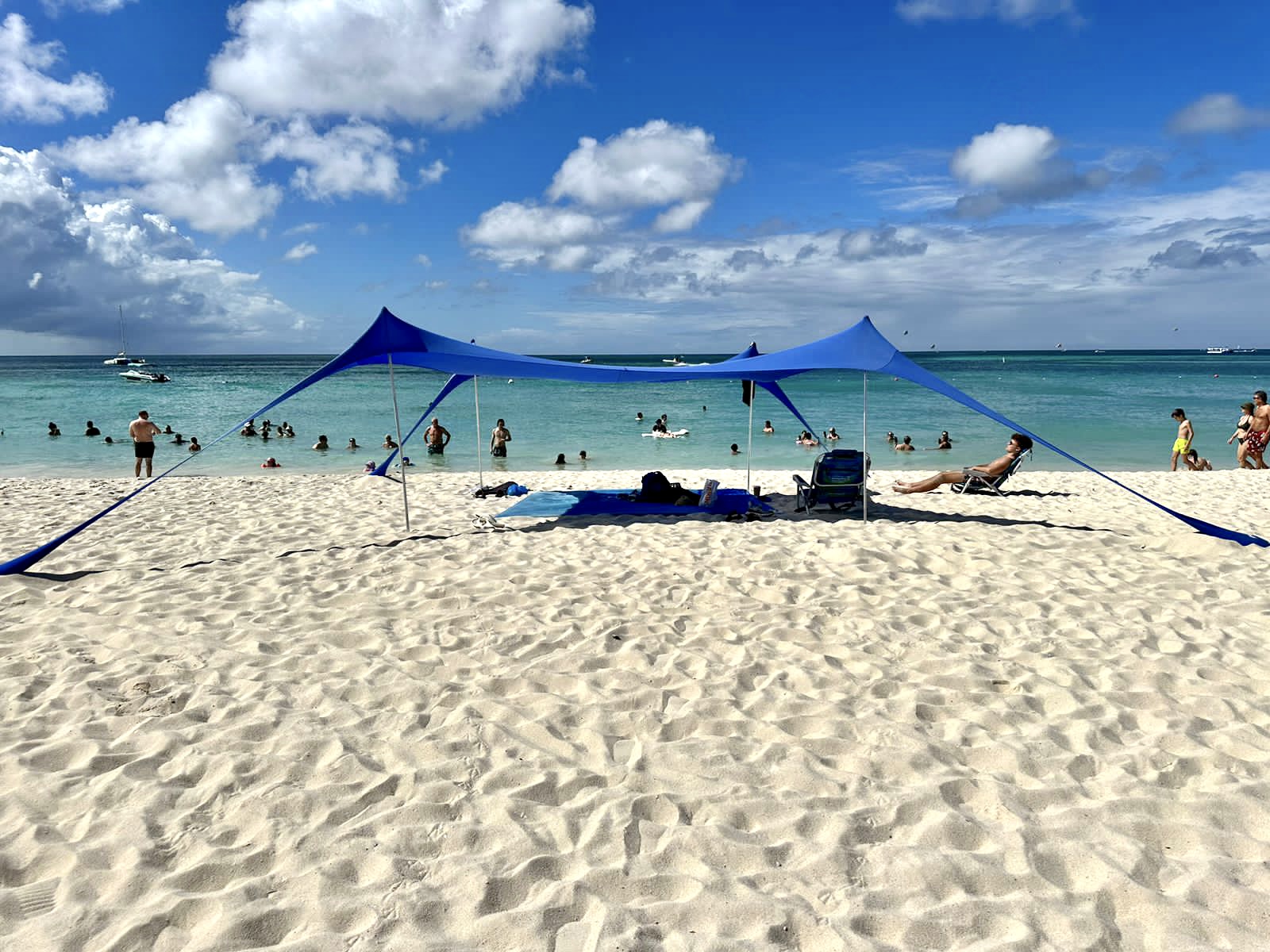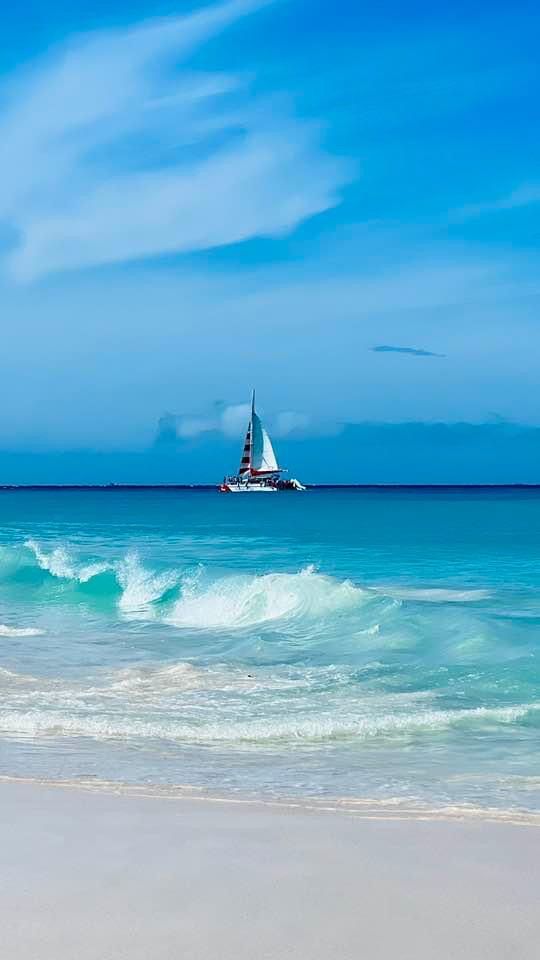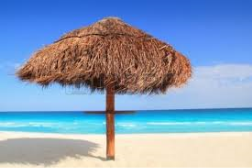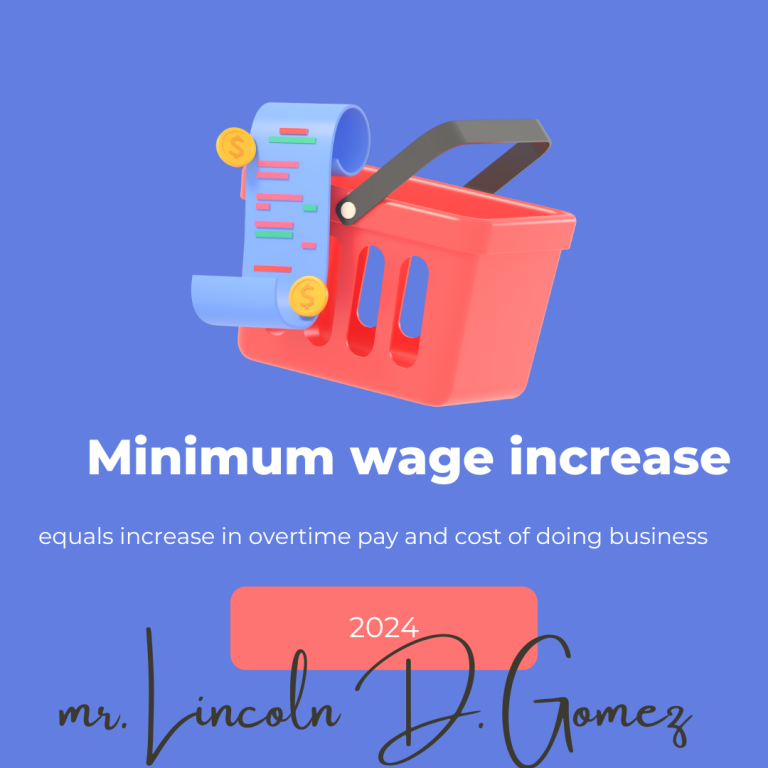Not all palapas or beach chairs are created equally?
Lately there has been a lot of chatter regarding the legal status of palapa’s, beach chairs and the use of our public beaches. Not all, if not most of what is being regurgitated endlessly, is accurate. Perhaps I can shed some light on some of the misconceptions.
In my opinion, on the beach, there are two types of palapas.
- Some palapas (and beachairs for that matter) are anchored on leasehold land (erfpacht) of the hotels. These palapas are property of the hotels and hotels can reserve these for the use of their guests. If you are not a registered guest of the hotel you can be asked to vacate the palapa or the beach chairs. The hotels pay a leasehold fee (“canon”) to the government for use of that land. The same canon that applies to the building applies to these palapas. This means that these palapas belong to the hotel and not to the public, and the hotel can reserve them for their guests. Just like the hotel can limit access to certain other parts of their leasehold land.
- Other palapas are placed outside of the leasehold land of the hotel and between this boundary line and the sea. Some hotels pay a special fee (aka precario)to the government to use this land or public property. The hotels can also pay precario for use of the beach chairs on this section of public land. The use of these palapas are subject to the conditions of the precario permit. These conditions stipulate that these palapa is considered government property due to a legal concept called accession (in Dutch: “natrekking”). The concept of “natrekking” does not apply to beach chairs as beach chairs do not meet the criteria for “natrekking”).
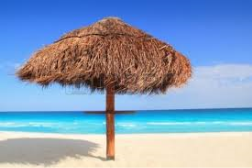
Yeah but it is public!
The legal concept of “public land” or “public beach” does not mean that it is a lawless jungle out there and everything goes. No. If you are not a registered guest of the hotel you are not allowed to: (1) use the palapas on hotel property; (2) use the beach chairs of the hotel on hotel property; (3) use the beach chairs of the hotel on public land; (4) remove the hotel chairs from where they are placed; or (5) remove people’s property that are located on one of those choirs so that you can use it. You are also not allowed to set-up your own palapa or tent on the public beach without a permit from the government and paying the corresponding precario. The Police Ordinance explicitly forbids this. The legal concept of public order also limits your ability to cause any nuisance to others in a public area or public beach for that matter.
This for example this is illegal, you need a permit for this.
Court ruling
The chatter included a 2015 decision from the Court of First instance of aruba. True, but that ruling was a preliminary injunction and the preliminary opinion of the first instance court. As far as I know, there wasn’t a follow-up civil case and as such the question at hand has not been decided upon in definitive terms nor by the highest court of the land. Also it was a case between two specific parties, on being a watersport operator who was paying precario to operate its business under a palapa. The facts and circumstances of that case may not be identical to perhaps your desire to use a palapa or beach chair while you are visiting, especially if you are not a registered guest of the hotel in question. Also keep in mind that the court’s decision in question has “no force of res judicata.” This term means that the judgment or decision in question does not have the finality and conclusiveness of a definitive judgment that cannot be contested, appealed, or re-litigated. So the decision doesn’t necessarily create the legal precedent that many believe or claim.
Obligation
Yeah you have rights but you also have an obligation to respect the property and the investment of others, to help promote public order and by having a good time on the beach without causing any nuisance to others. If you are a cruise ship visitor don’t use the hotel property as yours. It is not. Don’t overcrowd the beaches in front of the hotels, public or not our economy depends on the hotel paying guests. They deserve the peace and tranquility they came here for. Respect others and their property. We as locals understand this. It would be great if our guests understood that too.
#YourFavoriteLawyer #YourFavoriteColumnist
About Lincoln Gomez
Lincoln is an attorney-at-law admitted to the Bar of Aruba and the other Dutch islands. He has 25 years of experience on Aruba law matters. He has published more than 10 books on Aruba law matters and over 230 articles. He loves the beach.

